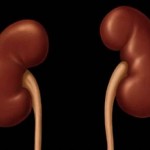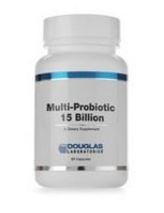Guest Post by Peter F. Egan Jr. (Pam’s Eldest Son)
Pam has been unusually busy lately, so I’ve taken the liberty of filling in for her while she’s away from her blog. You may periodically see posts from me when my mother is particularly busy. I regret the inconvenience, but vow to do my best to keep the content at the same, exceptionally-high level of quality when I do fill in. I hope you enjoy what hopefully will not become a regular appearance.
To Prevent, Or Not To Prevent? That Is The Role Of Medicine
There are a lot of people out there who seek general, all-around care by a physician who will consider all aspects of their lifestyle – factoring in such things as nutrition and diet – when assessing a patient. A good number of Americans (I don’t have a scientific percentage handy) expect their doctor to help them prevent the onset of illness rather than treat it after the fact, and unfortunately too many primary care doctors (though not all) leave much to be desired in this regard.
That said, there are undoubtedly many, many good one out there. It is a reality though that too many doctors place too little emphasis on prevention, preferring instead to deal almost exclusively with post-symtomatic diagnosis, and post-diagnostic treatment. As a patient, you owe it to yourself to do your research and look around until you find someone you’re comfortable with – both in terms of the person as well as his or her outlook on caring for the patient.
For those who hold a more broad view of the role of medicine (and see a role in prevention as well as post-diagnostic treatment), my advice to them would be to consider seeing a nurse practitioner. Nurse Practitioners traditionally have been more inclined than physicians to embrace the concepts of wellness and preventive medicine, focusing on the overall health of the patient and on prevention until symptoms arise. Obviously, at this point the focus would shift to diagnosis and treatment. However, the goal of preventive medicine practitioner (and many nurse practitioners) is to prevent and/or delay things reaching the diagnostic stage (with symptoms present) for as long as possible.
The risk of illness is reduced when the body and immune system is healthy, and the risk of injury is reduced when the bones and joints are healthy. Point being, when the body is healthy, injury and illness tend to occur less frequently on a general scale and are generally less severe when they do occur. Preventive medicine practitioners (again, often nurse practitioners) have a reputation for being cognizant of this, and for determine plans of care accordingly.
FTR: Yes, that is supposed to be a cheesy Shakespeare reference in the title.



